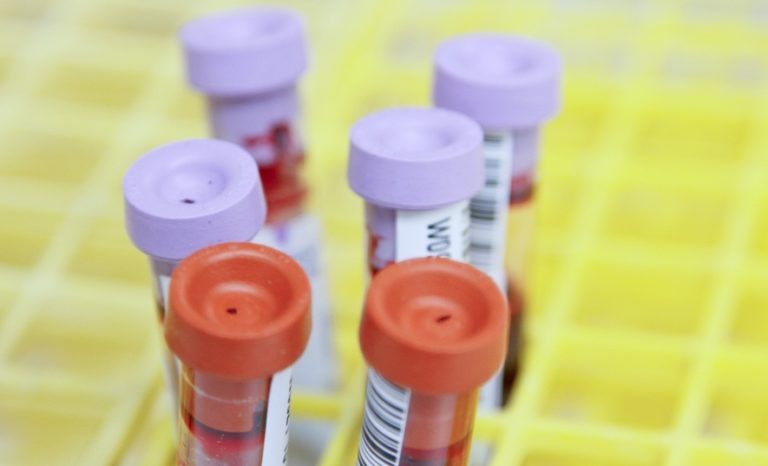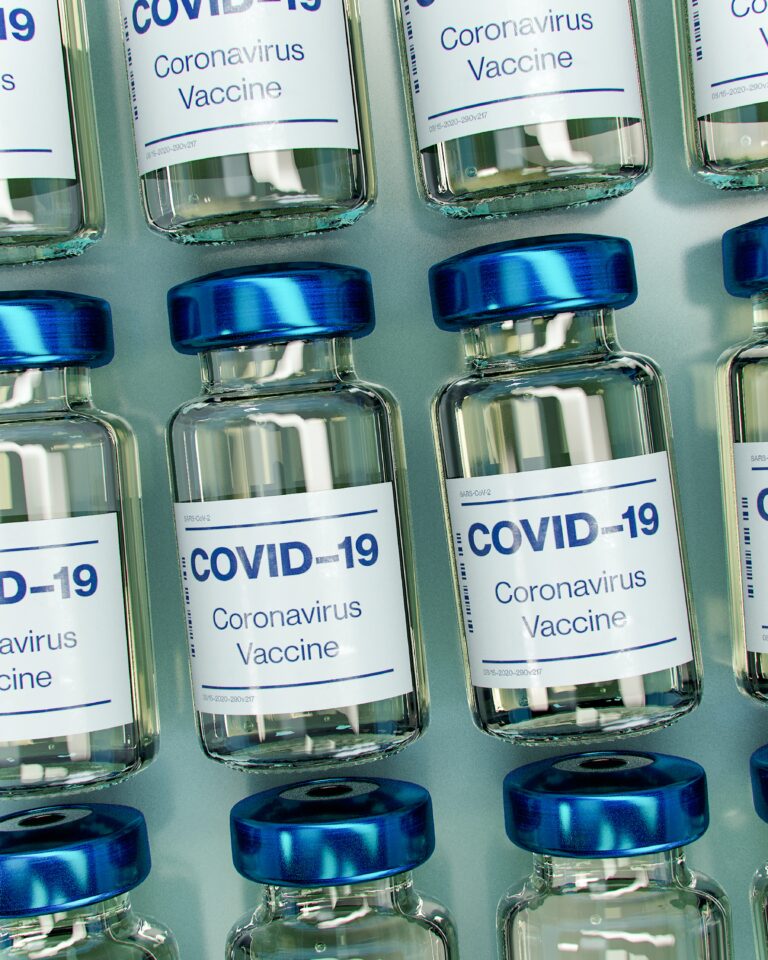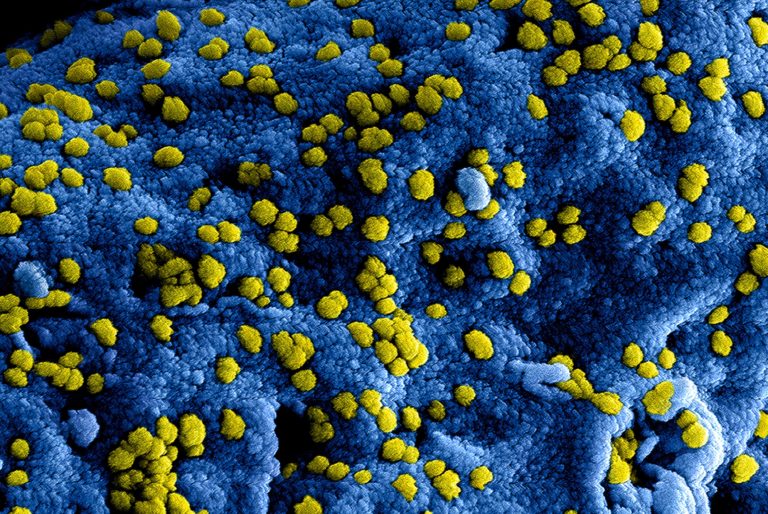April 16, 2021: “AstraZeneca’s proposed acquisition of Alexion Pharmaceuticals, Inc (Alexion) has achieved an important step toward completion, having cleared US Federal Trade Commission review.
This follows the conclusion of the waiting period under the Hart-Scott-Rodino Antitrust Improvements Act.
Additional global regulatory clearances are pending, including but not limited to the UK, EU and Japan.
Marc Dunoyer, Executive Director and Chief Financial Officer, said: “These clearances further advance us towards closing our acquisition of Alexion.
We remain focused on the next chapter for AstraZeneca and Alexion, building on our combined expertise in immunology and precision medicines and our shared ambition to bring more innovative medicines to patients worldwide. We look forward to working closely with other global authorities as we progress toward this goal.”
The proposed acquisition, first announced in December 2020, would enhance the Company’s scientific presence in immunology by adding Alexion’s innovative complement-technology platforms and strong pipeline.
Rare diseases represent a high-growth disease area with rapid innovation and significant unmet medical need.
The acquisition remains expected to close in Q3 2021, subject to receipt of additional global regulatory clearances and approval by shareholders of both companies with shareholder voting anticipated on 11 May 2021.
Subject to a successful completion of the acquisition, a dedicated business unit will be created, known as ‘Alexion, The AstraZeneca Rare Disease Unit’,headquartered in Boston, US.
AstraZeneca will have an enhanced global footprint and broad coverage across primary, speciality and highly specialised care, and is expected to deliver double-digit revenue growth through 2025, double-digit core EPS accretion for the first three years as well as strong cash flow with an ambition to increase the dividend.
Rare diseases
Over 7,000 rare diseases are known today, and only c.5% have US Food and Drug Administration-approved treatments.
Demand in the global rare disease space is forecasted to grow by a low double-digit percentage in the future.
Important additional information
In connection with AstraZeneca’s proposed acquisition of Alexion (the Acquisition), AstraZeneca filed a registration statement on Form F-4 (the Registration Statement), which has been declared effective by the United States Securities and Exchange Commission, and which includes a document that serves as a prospectus of AstraZeneca and a proxy statement of Alexion (the proxy statement/prospectus).
Alexion filed the proxy statement/prospectus as a proxy statement and AstraZeneca filed the proxy statement/prospectus as a prospectus with the SEC on 12 April 2021, and each party will file other documents regarding the Acquisition with the SEC.
Investors and security holders of Alexion are urged to carefully read the entire Registration Statement and proxy statement/prospectus and other relevant documents filed with the SEC when they become available, because they will contain important information.
Investors and security holders may obtain the Registration Statement and the proxy statement/prospectus free of charge from the SEC’s website or from AstraZeneca or Alexion as described in the paragraphs below.
Important notices relating to financial advisors
Evercore Partners International LLP (Evercore), which is authorised and regulated by the FCA in the United Kingdom, is acting exclusively for AstraZeneca and no one else in connection with the Acquisition and the matters referred to in this announcement and will not regard any other person as a client in relation to the matters set out in this announcement (whether or not a recipient of this announcement) and will not be responsible to anyone other than AstraZeneca for providing the protections afforded to its clients, nor for providing advice in relation to the Acquisition or any other matter referred to in this announcement.
Neither Evercore nor any of its subsidiaries, holding companies, branches or affiliates owes or accepts any duty, liability or responsibility whatsoever (whether direct or indirect, whether in contract, in tort, under statute or otherwise) to any person who is not a client in connection with the Acquisition or any statement contained in this announcement or otherwise.
Apart from the responsibilities and liabilities, if any, which may be imposed on Evercore by the Financial Services and Markets Act 2000 (FSMA), or the regulatory regime established thereunder, or under the regulatory regime of any jurisdiction where exclusion of liability under the relevant regulatory regime would be illegal, void or unenforceable, neither Evercore nor any of its affiliates accepts any responsibility or liability whatsoever for the contents of this announcement, and no representation, express or implied, is made by it, or purported to be made on its behalf, in relation to the contents of this announcement, including their accuracy, fairness, sufficiency, completeness or verification of any statement contained in this announcement or any other statement made or purported to be made by it, or on its behalf, in connection with AstraZeneca or the matters described in announcement, and nothing in this announcement is, or shall be relied upon as, a promise or representation in this respect, whether as to the past or the future.
To the fullest extent permitted by applicable law, each of Evercore and its affiliates accordingly disclaim all and any responsibility or liability whether arising in tort, contract or otherwise (save as referred to above) which they might otherwise have in respect of this announcement or any statement contained in this announcement.
Centerview Partners UK LLP (Centerview Partners), which is authorised and regulated by the FCA in the United Kingdom, is acting exclusively for AstraZeneca and no one else in connection with the Acquisition and the matters referred to in this announcement and will not regard any other person as a client in relation to the matters set out in this announcement (whether or not a recipient of this announcement) and will not be responsible to anyone other than AstraZeneca for providing the protections afforded to its clients, nor for providing advice in relation to the Acquisition or any other matter referred to in this announcement.
Neither Centerview Partners nor any of its subsidiaries, holding companies, branches or affiliates owes or accepts any duty, liability or responsibility whatsoever (whether direct or indirect, whether in contract, in tort, under statute or otherwise) to any person who is not a client in connection with the Acquisition or any statement contained in this announcement or otherwise.
Apart from the responsibilities and liabilities, if any, which may be imposed on Centerview Partners by the FSMA, or the regulatory regime established thereunder, or under the regulatory regime of any jurisdiction where exclusion of liability under the relevant regulatory regime would be illegal, void or unenforceable, neither Centerview Partners nor any of its affiliates accepts any responsibility or liability whatsoever for the contents of this announcement, and no representation, express or implied, is made by it, or purported to be made on its behalf, in relation to the contents of this announcement, including their accuracy, fairness, sufficiency, completeness or verification of any statement contained in this announcement or any other statement made or purported to be made by it, or on its behalf, in connection with AstraZeneca or the matters described in this announcement, and nothing in this announcement is, or shall be relied upon as, a promise or representation in this respect, whether as to the past or the future.
To the fullest extent permitted by applicable law, each of Centerview Partners and its affiliates accordingly disclaim all and any responsibility or liability whether arising in tort, contract or otherwise (save as referred to above) which they might otherwise have in respect of this announcement or any statement contained in this announcement.
Forward-looking statements
This announcement contains certain forward-looking statements with respect to the operations, performance and financial condition of the AstraZeneca Group, including, among other things, statements about expected revenues, margins, earnings per share or other financial or other measures, as well as the ability of the parties to consummate the Acquisition on a timely basis or at all, the ability of the parties to satisfy the conditions precedent to consummation of the Acquisition, including the ability to secure the required regulatory approvals on the terms expected, at all or in a timely manner, the ability of AstraZeneca to successfully integrate Alexion’s operations, and the ability of AstraZeneca to implement its plans, forecasts and other expectations with respect to Alexion’s business after completion of the Acquisition and realise expected synergies.
Although the AstraZeneca Group believes its expectations are based on reasonable assumptions, any forward-looking statements, by their very nature, involve risks and uncertainties and may be influenced by factors that could cause actual outcomes and results to be materially different from those predicted.
The forward-looking statements reflect knowledge and information available at the date of preparation of this announcement and the AstraZeneca Group undertakes no obligation to update these forward-looking statements.
The AstraZeneca Group identifies the forward-looking statements by using the words ‘anticipates’, ‘believes’, ‘expects’, ‘intends’ and similar expressions in such statements. Important factors that could cause actual results to differ materially from those contained in forward-looking statements, certain of which are beyond the AstraZeneca Group’s control, include, among other things: the risks set out in Part II (Risk Factors) of the AstraZeneca shareholder circular published on 12 April 2021; failure or delay in delivery of pipeline or launch of new medicines; failure to meet regulatory or ethical requirements for medicine development or approval; failure to obtain, defend and enforce effective intellectual property (IP) protection and IP challenges by third parties; competitive pressures including expiry or loss of IP rights, and generic competition; price controls and reductions; economic, regulatory and political pressures; uncertainty and volatility in relation to the UK’s exit from the EU; failures or delays in the quality or execution of commercial strategies; failure to maintain supply of compliant, quality medicines; illegal trade in medicines; reliance on third-party goods and services; failure in information technology, data protection or cybercrime; failure of critical processes; uncertainty of expected gains from productivity initiatives; failure to attract, develop, engage and retain a diverse, talented and capable workforce, including following completion of the Acquisition; failure to adhere to applicable laws, rules and regulations; the safety and efficacy of marketed medicines being questioned; adverse outcome of litigation and/or governmental investigations, including relating to the Acquisition; failure to adhere to increasingly stringent anti-bribery and anti-corruption legislation; failure to achieve strategic plans or meet targets or expectations; failure in financial control or the occurrence of fraud; unexpected deterioration in AstraZeneca’s or Alexion’s financial position; the COVID-19 global pandemic; the risk that a condition to the closing of the Acquisition may not be satisfied, or that a regulatory approval that may be required for the Acquisition is delayed or is obtained subject to conditions that are not anticipated; the risk that AstraZeneca is unable to achieve the synergies and value creation contemplated by the Acquisition, or that AstraZeneca is unable to promptly and effectively integrate Alexion’s businesses; and the risk that management’s time and attention are diverted on Acquisition-related issues or that disruption from the Acquisition makes it more difficult to maintain business, contractual and operational relationships.
Neither AstraZeneca nor any of its associates or directors, officers or advisers provides any representation, assurance or guarantee that the occurrence of the events expressed or implied in any forward-looking statements in this announcement will actually occur.
You are cautioned not to place undue reliance on these forward-looking statements.
Other than in accordance with their legal or regulatory obligations (including under the Listing Rules, the Disclosure and Transparency Rules and the Prospectus Regulation Rules of the FCA), AstraZeneca is under no obligation, and AstraZeneca expressly disclaims any intention or obligation to update or revise publicly any forward-looking statements, whether as a result of new information, future events or otherwise.”
https://www.astrazeneca.com/content/astraz/media-centre/press-releases/2021/us-clearance-of-proposed-acquisition-of-alexion.html








